Cigarette production declines amid conflict in Arakan State
Previously, a local cigarette manufacturing facility produced tens of thousands of cigarettes daily, but production has declined to around 3,000 pieces a day this year, according to business owners.
09 Sep 2024
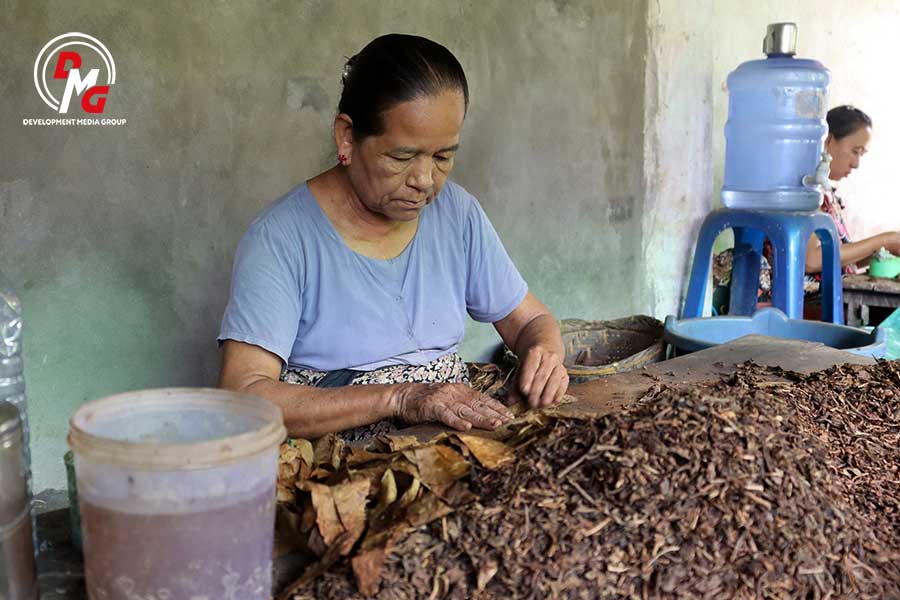
DMG Newsroom
9 September 2024, Sittwe
Cigarette production has declined in Arakan State as residents have been displaced by armed conflict and many farmers have been unable to grow tobacco.
Previously, a local cigarette manufacturing facility produced tens of thousands of cigarettes daily, but production has declined to around 3,000 pieces a day this year, according to business owners.
Cigarette producer U Sein Maung from Kyauktaw Town said: “We can only produce between 1,000 and 2,000 cigarettes now, down from around 10,000 per day.”
In Arakan State, tobacco is primarily grown in Kyauktaw, Mrauk-U, Myebon, Ramree and Manaung townships. Cultivation has declined due to the ongoing armed conflict between Myanmar’s military regime and the Arakkha Army (AA), and other factors.
Only four of 16 cigarette manufacturing facilities in Kyauktaw Town are currently operating. Production has also declined in other townships, and those employed in the local tobacco industry are concerned that they are losing their only source of income.
Daw Ma Thein Nu, who works at a cigarette manufacturing facility in Kyauktaw, said: “I may face severe hardships if the industry comes to a halt. Though the pay is small, I still can manage to live on it.”
Employees in cigarette manufacturing facilities in Kyauktaw earn around 1,000 kyats a day.
Unemployment is high and food prices are soaring as a result of armed conflicts in Arakan State.
Previously, local cigarette producers could sell their products to markets in the rest of the country. But the market has shrunk due to the junta’s travel restrictions, and price hikes.
Cigarette producer Daw Cho Cho Oo from Kyauktaw Town said: “Profits have declined, but we continue to produce just to keep our brands alive. We also hope that tobacco cultivation will return to normal next year.”
Tobacco in Arakan State is grown in November, harvested in April, and is most often dried and sold to merchants and brokerages thereafter.




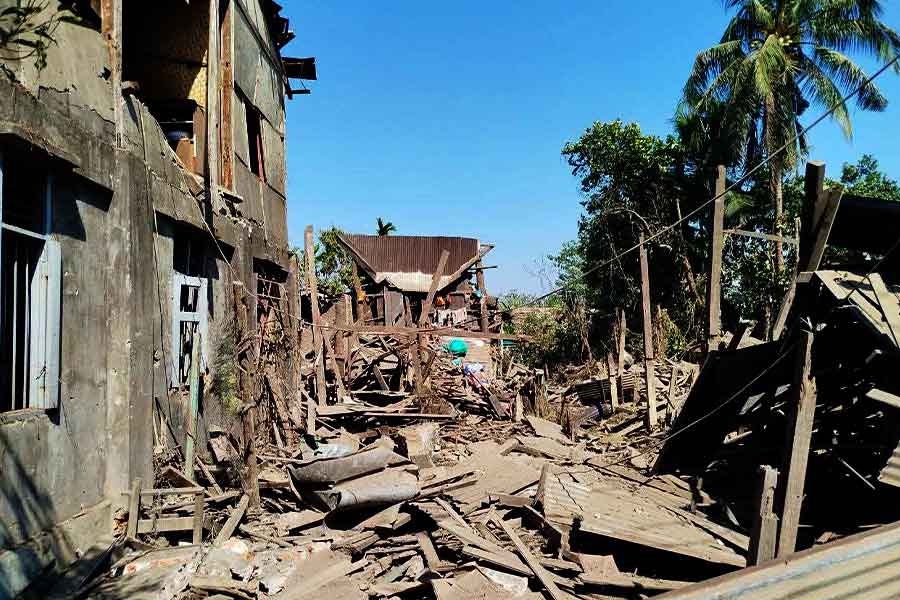
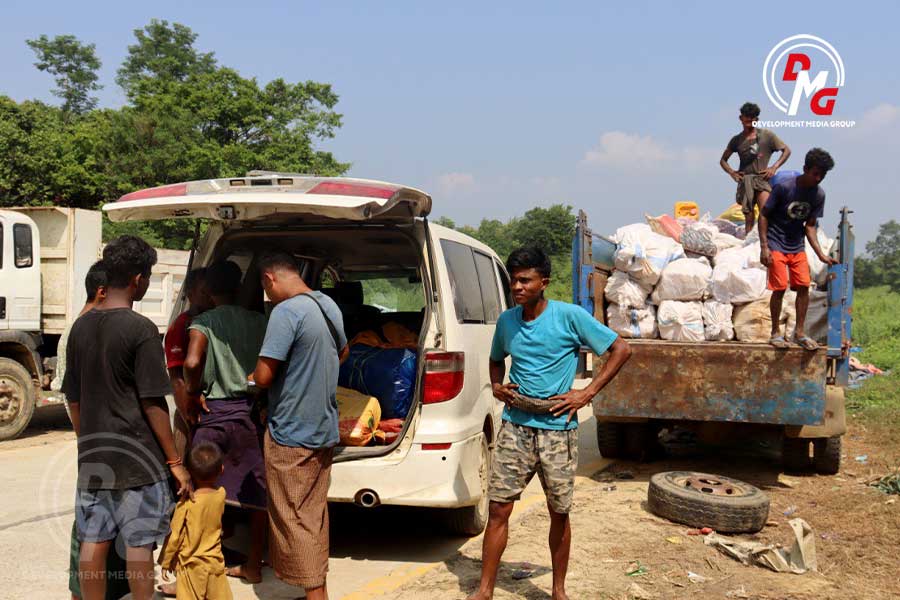
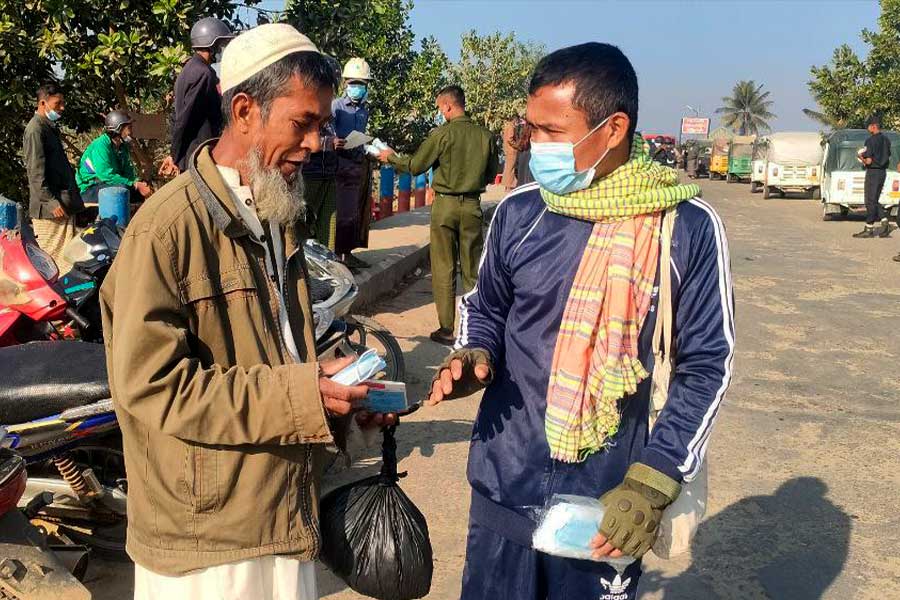
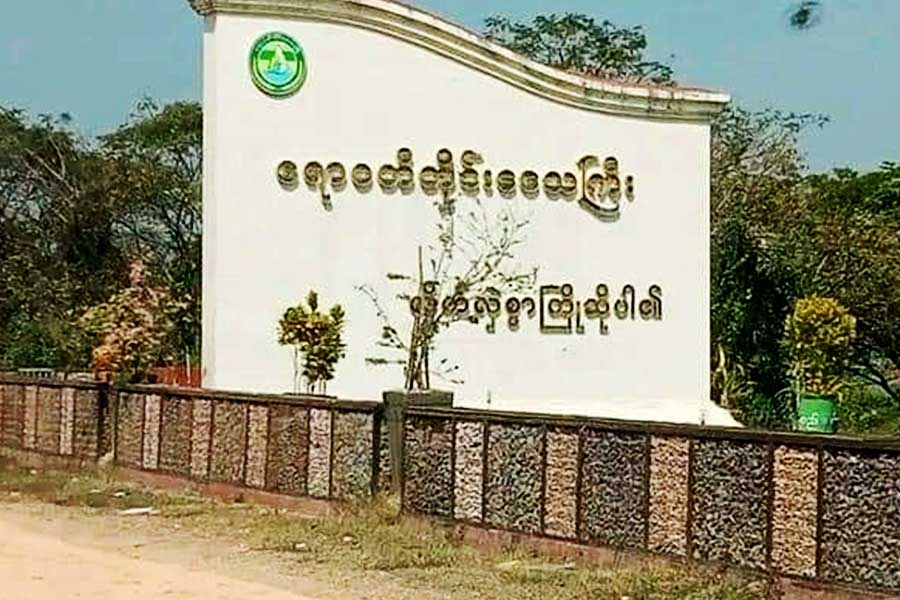








.jpg)
